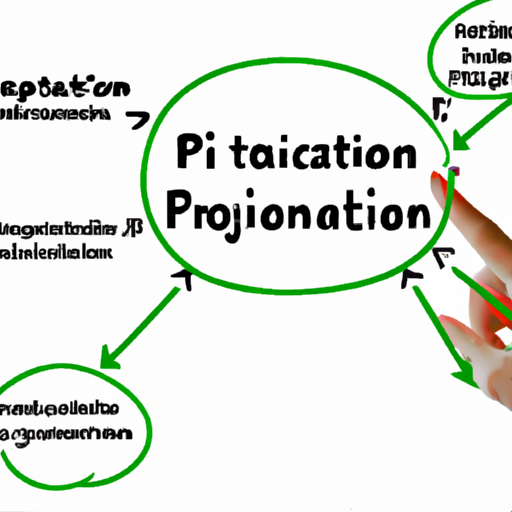In recent years, genomic technologies have emerged as groundbreaking tools that are reshaping the landscape of medicine and biological research. These technologies have enabled scientists and healthcare professionals to delve deeper into the genetic codes that make up all living organisms, leading to remarkable insights and advancements in personalized medicine.
What are Genomic Technologies?
Genomic technologies encompass a range of methods used to analyze and manipulate DNA and RNA. They include advanced techniques such as:
- DNA Sequencing – The process of determining the exact sequence of nucleotides within a DNA molecule. This has been a cornerstone in genetic research and allows for an in-depth understanding of genomes.
- CRISPR – A revolutionary gene-editing technology that allows for precise alterations within DNA sequences, offering possibilities for treating genetic disorders and advancing synthetic biology.
- Genomic Mapping – Techniques such as genome-wide association studies (GWAS) that identify genetic variants associated with diseases.
- RNA Sequencing – Analyzing the transcriptome to understand gene expression and its regulation.
Impact on Medicine
The impact of genomic technologies in medicine cannot be overstated. Here are some key applications:
- Personalized Medicine – Genomic information allows healthcare providers to tailor treatments to individual patients based on their genetic makeup, improving outcomes and reducing side effects.
- Targeted Therapies – Understanding specific genomic alterations in cancer can lead to targeted treatments that are more effective than traditional chemotherapy.
- Early Diagnosis – Genomic technologies enable the early detection of genetic disorders, allowing for timely interventions.
- Preventive Healthcare – By understanding one’s genetic predispositions, individuals can take proactive steps to reduce the risks of certain diseases.
Challenges and Ethical Considerations
Despite the potential benefits, genomic technologies also pose significant challenges and ethical questions. Concerns regarding privacy, data security, and the implications of gene editing on future generations are critical discussions that need to be addressed. As we advance, establishing ethical frameworks will be essential to ensure responsible use of these technologies.
The Future of Genomic Technologies
As genomic technologies continue to evolve, their integration with fields such as artificial intelligence and machine learning is likely to enhance our understanding of complex biological systems further. The future holds great promise for breakthroughs that can transform healthcare and our understanding of the living world.
Conclusion
Genomic technologies are at the forefront of a revolution in science and medicine. As we explore the potential of these innovations, we must navigate the accompanying ethical landscape, ensuring that the benefits can positively impact society while mitigating risks. Staying informed about advancements in genomics will allow us to better understand their implications for the future.
For those interested in the field, engaging with the latest research and developments will be critical in capitalizing on the opportunities presented by these transformative technologies.




